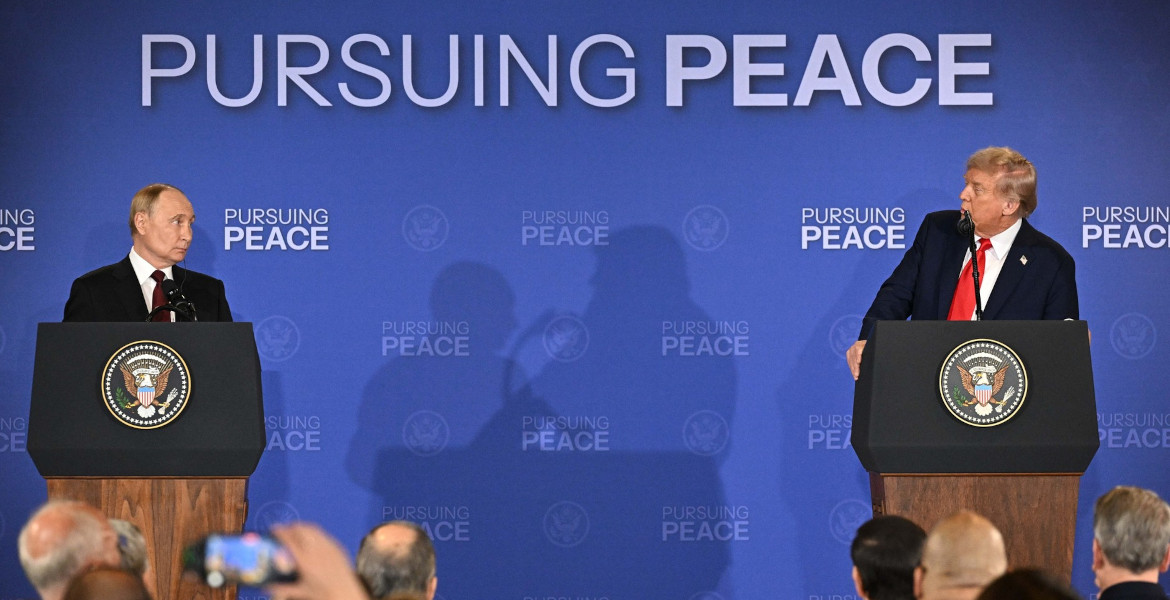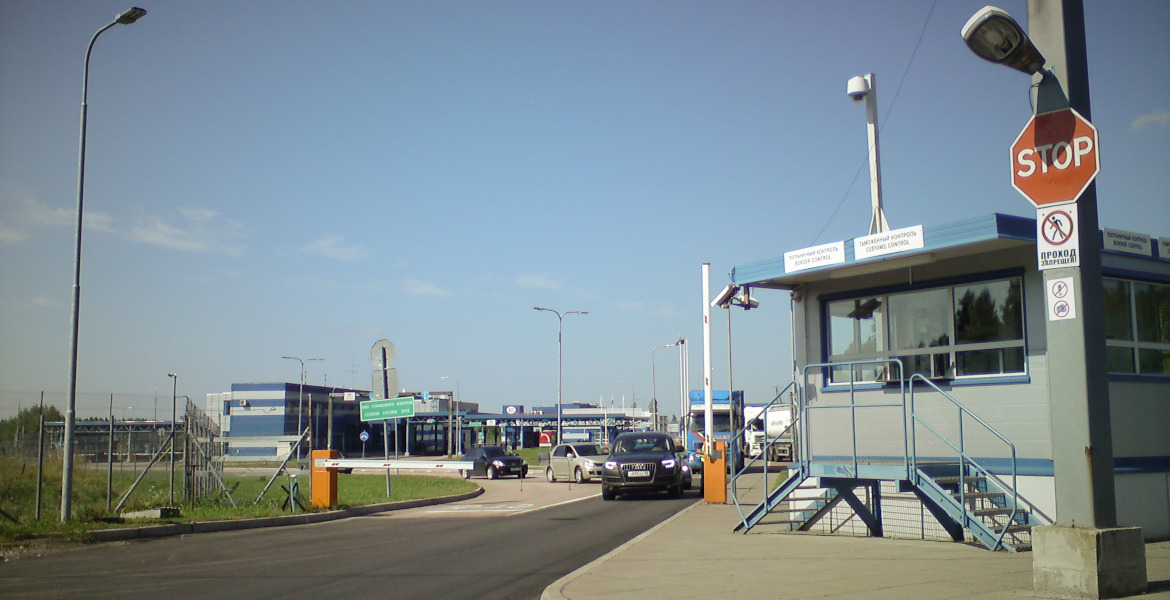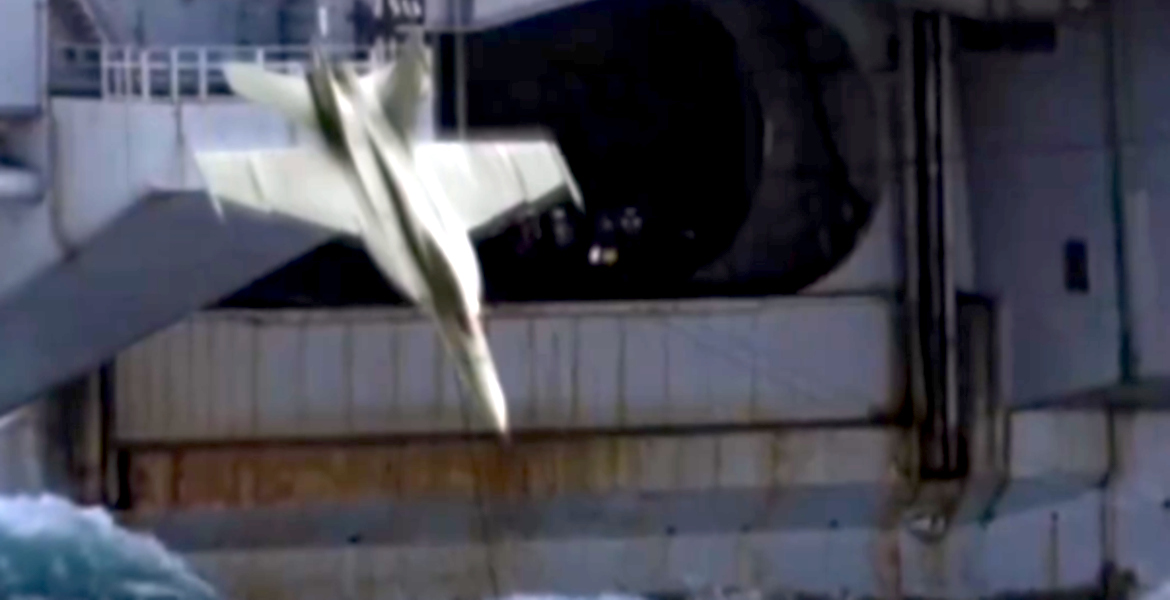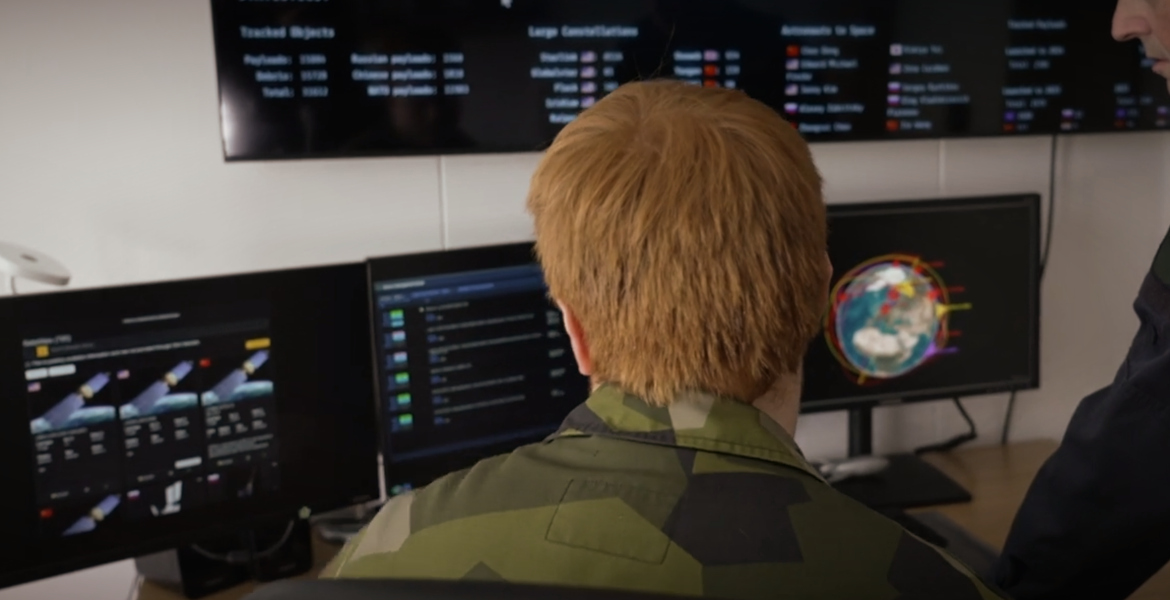US President Donald Trump and Russian President Vladimir Putin met overnight into Friday for a summit in Alaska, where the situation in Ukraine was at the center of discussions. No concrete ceasefire agreement was reached, but both leaders described the meeting as constructive and indicated that dialogue will continue.
At a joint press conference following the meeting, Trump described the talks as "extremely productive" and explained that the parties had agreed on "several major points," although no final agreement was signed.
– So just to put it very quickly, I'm going to start making a few phone calls and tell them what happened. But we had an extremely productive meeting, and many points were agreed to. There are just a very few that are left. Some are not that significant. One is probably the most significant, but we have a very good chance of getting there, said the American president.
Putin emphasizes bilateral relations
Putin opened the press conference by focusing on the relationship between the US and Russia. The Russian president expressed confidence that Trump will contribute to improved relations between the two superpowers.
– In general, me and President Trump have very good direct contact. We've spoken multiple times. We spoke frankly on the phone ... Our advisers and heads of foreign ministries kept in touch all the time, and we know fully well that one of the central issues was the situation around Ukraine, Putin explained during the press conference.
Despite the ongoing war, Putin described Ukraine as a "brotherly nation," which can be seen as an attempt to signal openness to diplomatic solutions.
🚨FULL REMARKS: President Trump Participates in a Press Conference with the Russian President Vladimir Putin - No deal until there's a deal.
Putin admits the Russia-Ukraine war wouldn’t have happened if Trump were President in 2022
"Today, when President Trump says that if he… pic.twitter.com/cpysO26AUA
— AJ Huber (@Huberton) August 15, 2025
Meeting concluded after midnight
The summit, which lasted just over two and a half hours, concluded shortly after midnight local time. Around 2 AM Central European Time, Putin headed to his plane for the return journey to Moscow.
Although no concrete results were presented, both leaders hinted that negotiations may continue. Trump's statement that he will "start making some calls" suggests that diplomatic efforts will continue.




